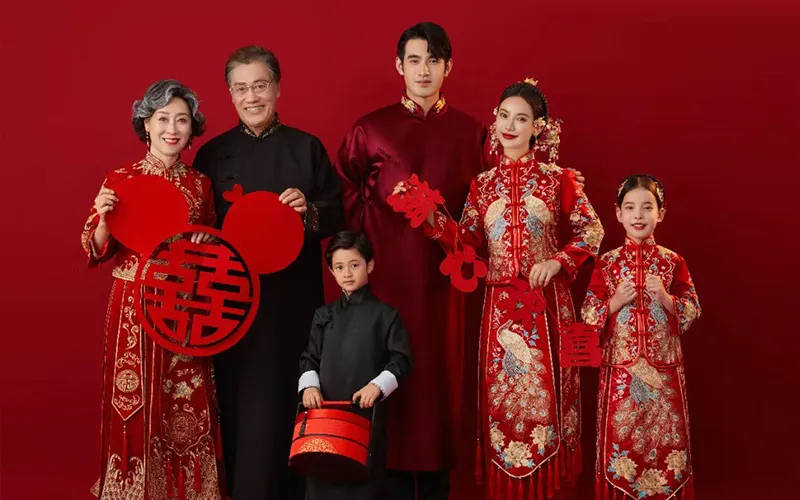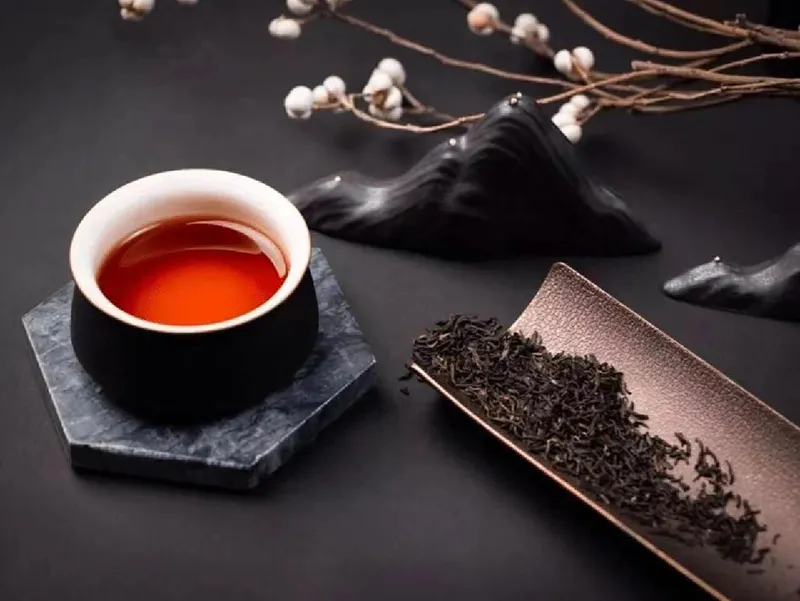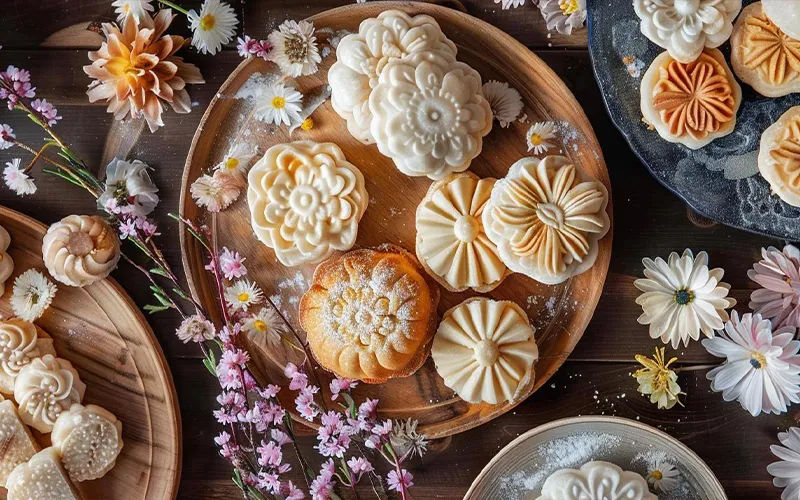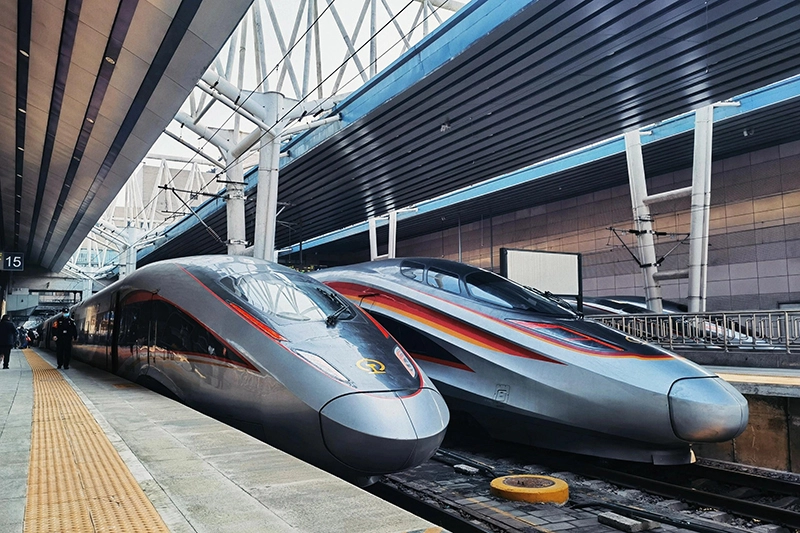Chinese Tea Culture
For every Chinese, Chinese tea culture plays an essential part of Chinese culture. When we are talking about Chinese culture it would be incomplete without including tea. If drinking tea is sipping as a drink to quench thirst, tasting tea is a totally different thing to do.
History of Chinese Tea
China is the hometown of tea and the first country in the world to discover, cultivate, and use tea. The origin of tea trees can be traced back at least 60,000 to 70,000 years ago, and the history of humans discovering and using tea is approximately 4,000 to 5,000 years ago. It is said that legendary Emperor Shennong first discovered the medicinal value of tea when tasting various herbs. And so, according to legend, tea was created in 2737 BC.
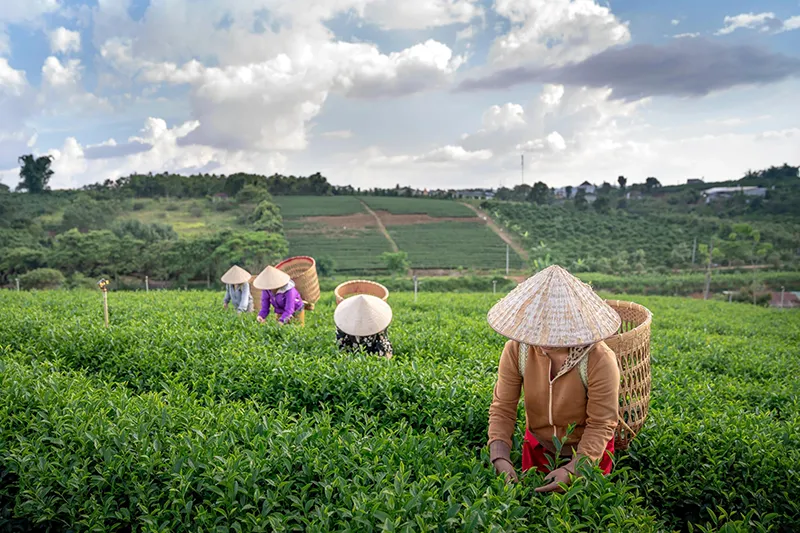
Few people know that before tea was known as a famous drink in the world, it was a Chinese medicine. From the time it was discovered until the Tang Dynasty, tea was still regarded as a remedy, growing wild in the mountains and forests instead of being planted and processed. From Zhou Dynasty to Han Dynasty, the literati class began to be fond of tea drinking, and tea-related poems, songs, and fu gradually emerged, making tea enter the cultural circle and showing certain spiritual and social functions. Tea was not popular among ordinary people.
In 780 AD, the famous Tang Poet Lu Yu's "The Classic of Tea" was published, marking the formation of tea culture in the Tang Dynasty. Lu Yu summarized the experience of tea production and drinking in the Tang Dynasty and before, and put forward the tea ceremony spirit of "precision, practice, and frugality."
Nowadays, China's tea production has increased rapidly, providing a solid material foundation for the development of tea culture. Tea has become the second most consumed beverage in the world after water. The amount of tea consumed each year is equal to the total consumption of coffee, soft drinks and alcohol combined. Moreover, tea has gradually entered the cultures of other countries: Japanese tea culture, Malabar Tea Culture in India and British afternoon tea culture. Tea is not only a drink, a medicine, but also an art that is considered as one of the “national spirit” of the Chinese.
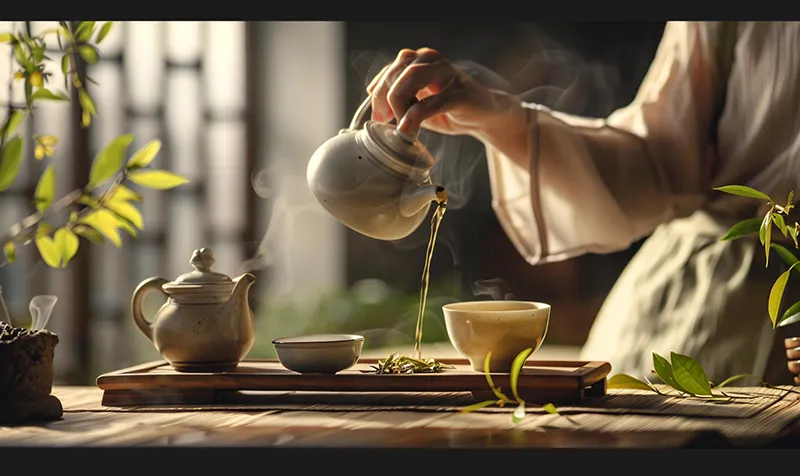
Chinese Tea Types
Green tea, black tea, Oolong tea, white tea, yellow tea, and dark tea are the main varieties of Chinese tea. The most fundamental reason for the variety of tea types lies in the different processing methods. As a result, tea in different areas has different flavors.
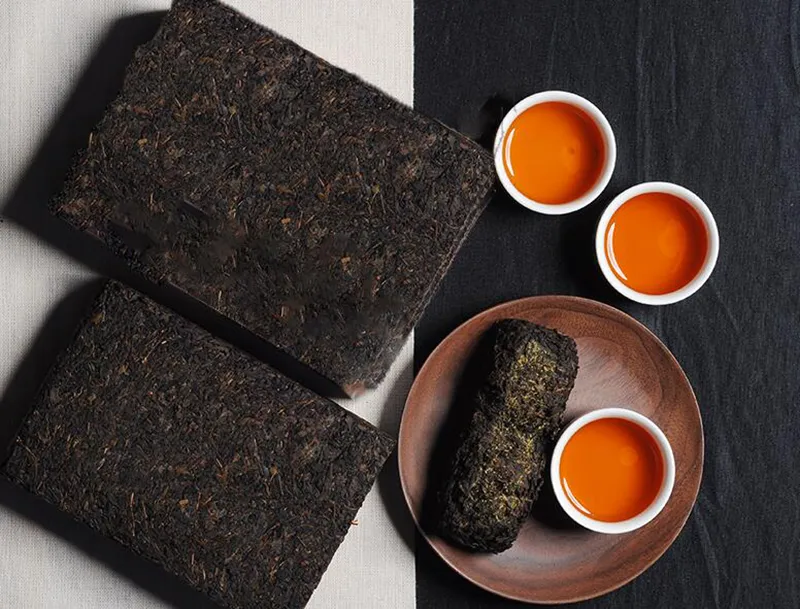
Chinese Tea Lovers
For a real Chines tea lover, drinking tea is not a good way to treat Chinese tea because it is only for quench thirst. Water can do better than tea. Tasting tea is their ideal respect to a high-quality tea. They will just the tea by the color, fragrance and flavor of the tea, the water quality and even the tea set. When tasting tea, the taster should be able to savor the tea thoroughly.
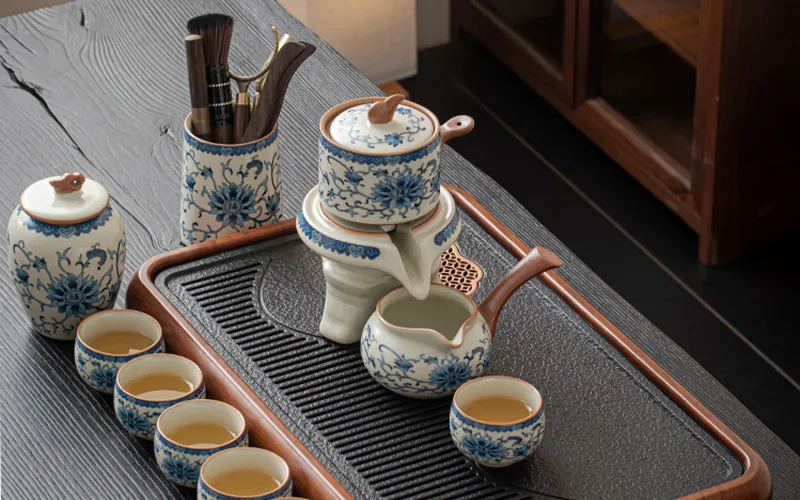
Furthermore, a brick of fine Pu-er is more valuable than a gram of gold in Chinese tea lovers' mind. More than something to drink, Chinese tea is an investment. For instance, Pu'er and white tea are valued for their long-term preservation – the older they are, the more valuable they become. However, green tea is not recommended to collection because it decays over time.
Chinese Tea Tradition
Chinese tea occurs every important occasion of Chinese daily life.
On Chinese weddings, the bride and groom need to hand their parents and parents in-law a cup of tea while they are both on their knees during the traditional Chinese wedding ritual. This is their expression of gratitude to their parents for raising them.
A student has to offer a cup of tea to his teacher when he firstly goes to the private school for learning in ancient China. His teacher agrees to have the student learning in his school if he drink this cup of tea.
Chinese people view gathering in a tea-house as a nice opportunity to socialize or discuss business matters. Chinese people typically prefer to converse freely and deeply with their friends, and business people typically negotiate with their partners while enjoying a cup of tea.
Tips of Chinese Tea Drinking
Thanks to the development of globalization, you possibly have tried Chinese tea in your country. No matter if you have tried or not, it is still useful for you to read following tips which help you reap the maximum health benefits. You could have a chance to go into a local tea-house and taste a cup of tea to your daily routine in our Chengdu tours.
1. Drink hot tea but not too much hot. Tea oxidizes quickly after brewing, and its nutrients diminish overtime. So you should drink hot tea to get the best out of tea. However, most teas require water temperatures as high as over 70°C. Just watch out the hot water before you drink it!
2. Do not drink too much strong tea. Black tea or dark - fermented Pu - erh tea have very strong flavor. If your stomach is not in a good condition, it like to upset your stomach and cause insomnia if you make the tea too strong. Green tea or white tea would be a good option as a light and fresh flavor. Green tea such as Longjing (Dragon Well) has a delicate vegetal and nutty flavor, while white tea like Silver Needle has a sweet and floral taste. You can try the best Longjing Green Tea at Hangzhou.
3. Choose a good time to drink as suggested below:
A cup of light green tea or black tea in the morning can help to wake up the body and mind. The caffeine in the tea provides a gentle energy boost. But avoid drinking overly strong tea on an empty stomach as it may cause stomach discomfort.
The afternoon is a great time for a cup of tea. You can choose a relaxing oolong tea or a fragrant white tea to relieve stress and enjoy a break. Tea - drinking in the afternoon can also help to maintain energy levels throughout the day.
If you're sensitive to caffeine, it's best to choose a caffeine - free herbal tea in the evening to avoid insomnia. Chamomile tea or lavender tea are good choices as they have a calming effect and can help you relax and get a good night's sleep.
4. Avoid to drink with medication at the same time. Tea contains substances that can interact with some medications. For example, the tannins in tea can bind to iron in iron - supplement medications and reduce its absorption. Therefore, it's best to avoid drinking tea within 1 - 2 hours of taking iron supplements. Tea can also interact with some antibiotics and antidepressants, so it's important to consult your doctor or pharmacist if you're taking medications regularly.
Whatever you are fond of Chinese tea, you still cannot miss a great chance to experience it in China tour. Just let us know and we will make Chinese tea as a part of your tour to China!
Questions?
-
Email
trip@realchinatravel.com
-
WhatsApp

